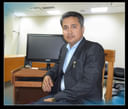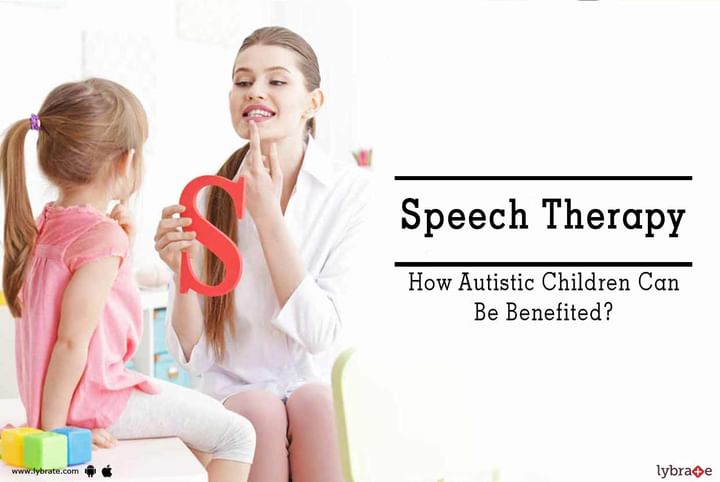Speech Therapy - How Autistic Children Can Be Benefited?
Autism is a developmental disorder that is usually diagnosed within the first three years of a child’s life. Speech disorders and an inability to communicate with others are characteristic symptoms of autism. Speech therapy can be very beneficial for such children. Thus, it is often a major part of a treatment plan for autism. Some of the benefits of speech therapy for autistic children include:
- Better articulation: Autistic children often find it hard to make certain sounds. Hence, they tend to babble or make harsh sounds or grunt instead of talking. A speech therapist can help the child learn to articulate sounds in a better way. For this, the therapist will help the child exercise the facial muscles and lips. This can make it easier for them to be understood by others.
- Treating echolalia: Echolalia refers to a child’s behaviour where he or she answers a question by repeating part of it. This may be because they find it difficult to express their own thoughts and feelings. Echolalia is very common amongst autistic children. Speech therapy is the only way to treat this condition. If left untreated, it could make the child withdraw into himself.
- Better vocabulary: Autistic children often memorize words without understanding them. A speech therapist can help the child put words into context and thus help reduce their dependence on gestures. This can also make autistic children more confident. In addition to expanding their vocabulary, a therapist can also teach children the proper time and place for communication. For example, when to say good morning and good evening.
- Initiate communication: When children are not confident in expressing themselves, they wait to be called on before saying anything. By helping them articulate sounds better and expanding their vocabulary, a speech therapist can help children gain the confidence needed to initiate conversations. With therapy, autistic children can also follow simple instructions and begin to answer questions independently. This will make them more independent.
Speech therapy does not follow the same techniques for all children. For therapy to be effective, the therapist must work in close collaboration with the child’s parents and caregivers to set the right goals and monitor the child’s progress. Some of the techniques that may be used include the use of electronic talkers, typing or signing, picture boards, facial exercise and massages, using rhyme to help construct sentences and using sounds to help the child expand speech sounds. If the child is non-verbal, the therapist may also introduce alternatives to verbal communication.



+1.svg)
